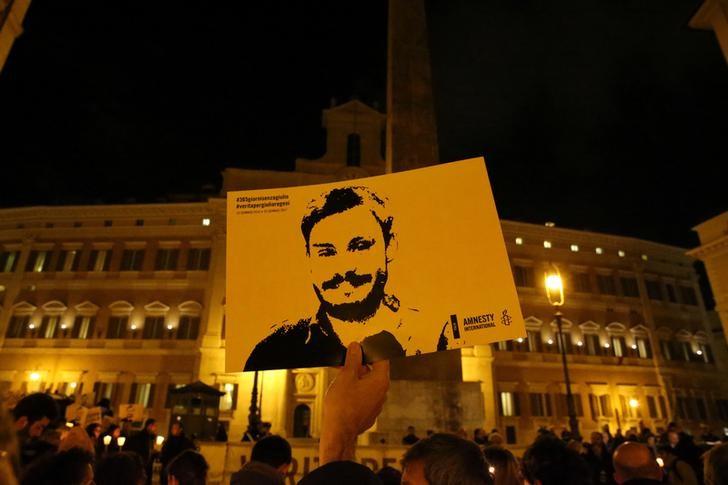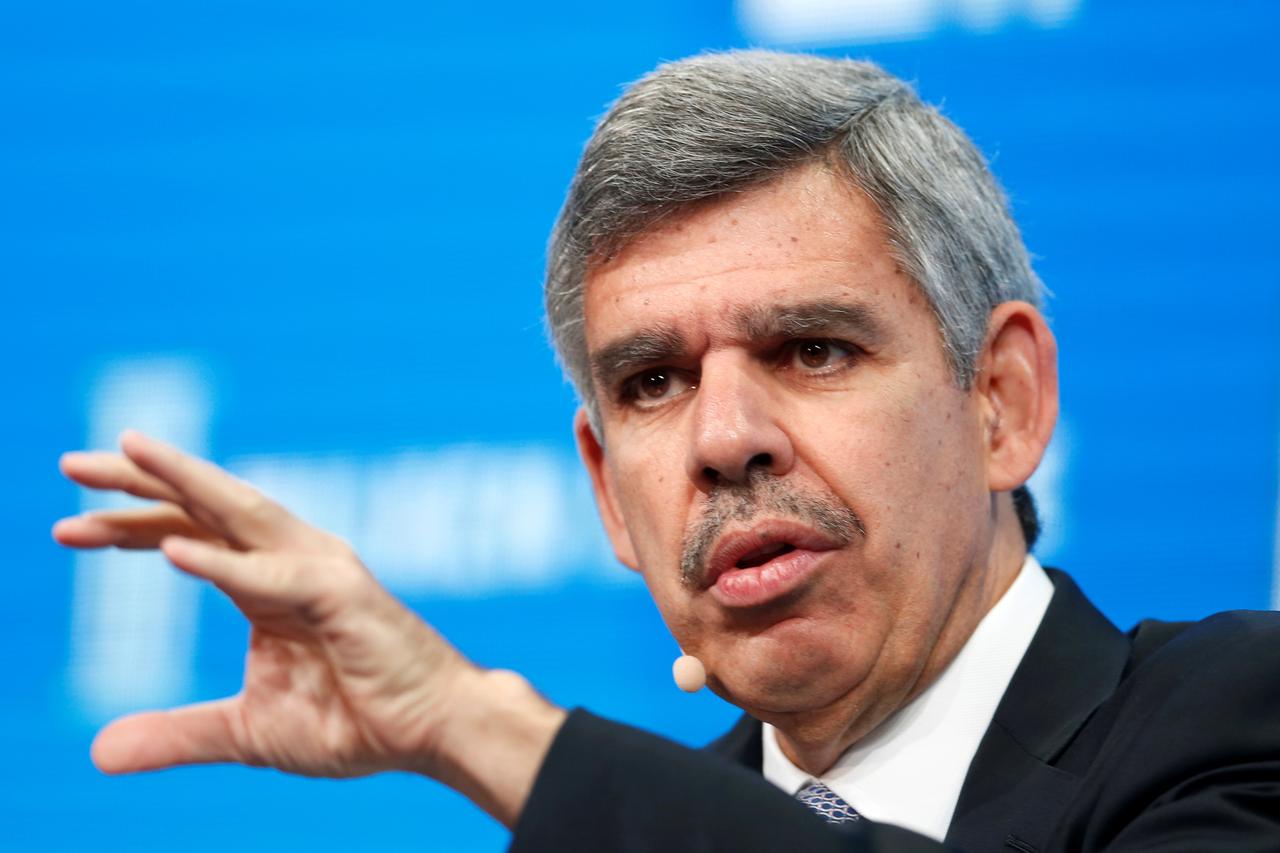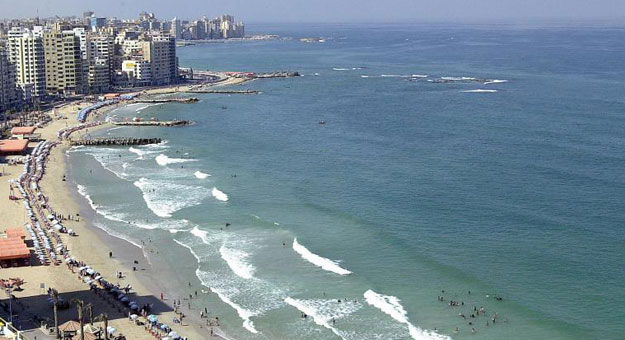
Britain’s Cambridge University rejected on Wednesday any suggestion that one of its tutors might have been implicated in the death of graduate student Giulio Regeni, who was killed in Egypt in 2016.
Italian magistrates questioned tutor Maha Abdelrahman in Cambridge last week and seized her computer and cell phone as part of their investigation into the murder of Regeni, who was tortured and killed while carrying out research in Cairo.
While there is no suggestion that Abdelrahman was involved in his death, investigators had pushed for months to question her about why Regeni had chosen his research subject and whether she had put him in harm’s way.
She has yet to speak publicly about Regeni, but Cambridge Vice-Chancellor Stephen Toope sent a message on Tuesday to university academics stoutly defending her actions.
“It is very disturbing … to find that she has been the victim of seemingly concerted efforts to implicate her directly in Giulio’s death,” said the statement.
“Public speculation about Dr Abdelrahman’s involvement in the case has been inaccurate, damaging and potentially dangerous,” Toope added. “It demonstrates a lack of understanding of scholarly aims and methods.”
A Cambridge spokesman said Abdelrahman was not available for comment.
Judicial sources in Rome, speaking off the record, have complained about how long it took them to organize the meeting with Abdelrahman. A senior source said Abdelrahman had shed no new light on the case last week and added that this was “disappointing.”
Toope said both Abdelrahman and the university had repeatedly offered to help with the case. “In light of her willingness to assist, the public campaign of denigration, fanned by political expediency, is shameful,” he said.
Regeni had been looking into Egypt’s independent labor unions for his thesis and attracted the suspicion of the Cairo government before his disappearance, sources told Reuters in 2016.
Security and intelligence sources told Reuters that Regeni was arrested in Cairo on January 25, 2016, and taken into custody. His disfigured body was found in a ditch more than a week later. Egyptian officials have denied any involvement in his killing.
Italian media have quoted anonymous sources as saying the magistrates were interested in whether Abdelrahman played a role in commissioning Regeni to research the delicate topic and whether she had warned him of the danger.
A senior Italian legal source told Reuters the tutor had told magistrates Regeni had picked his own research subject.
Toope said Regeni was “an experienced researcher” who knew Egypt and spoke fluent Arabic.
“It is not uncommon for academic research in the humanities and social sciences to impinge on politically sensitive issues,” he said. “He was using standard academic methods to study trade unions in Egypt.”
Toope said Cambridge would continue to assist investigators, saying the university wanted to see justice for Regeni and also the reputation of its scholars safeguarded.
“This brutal killing calls for justice. But justice will not be served by undermining the very thing that drove Giulio in his brief but inspiring academic career, the search for truth.”




